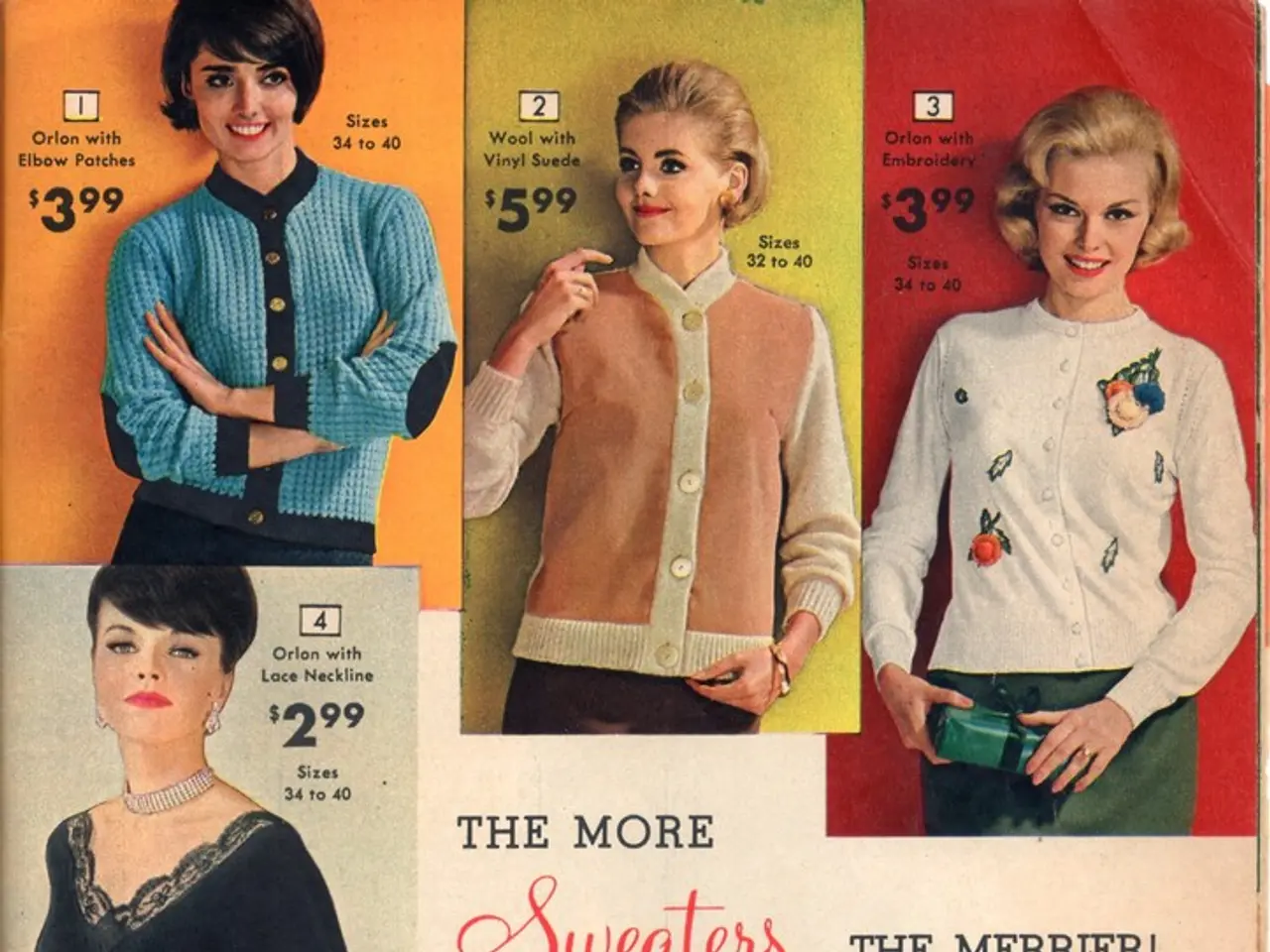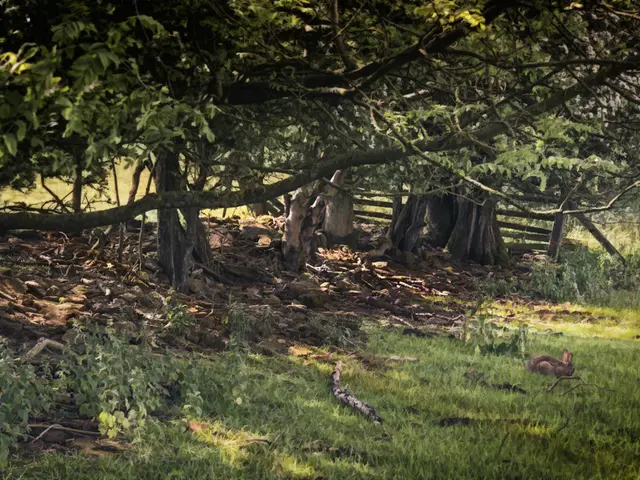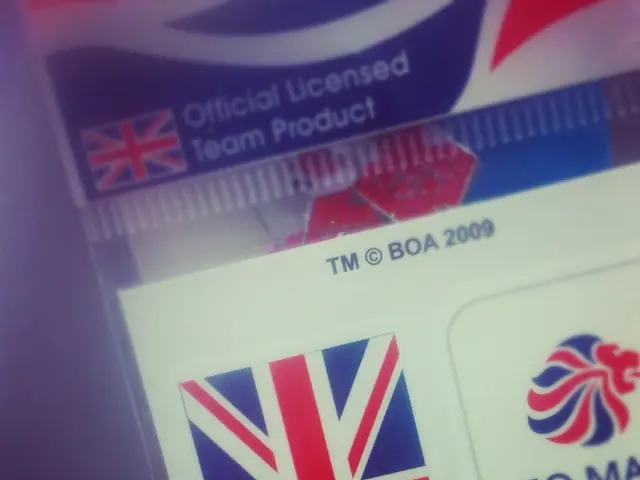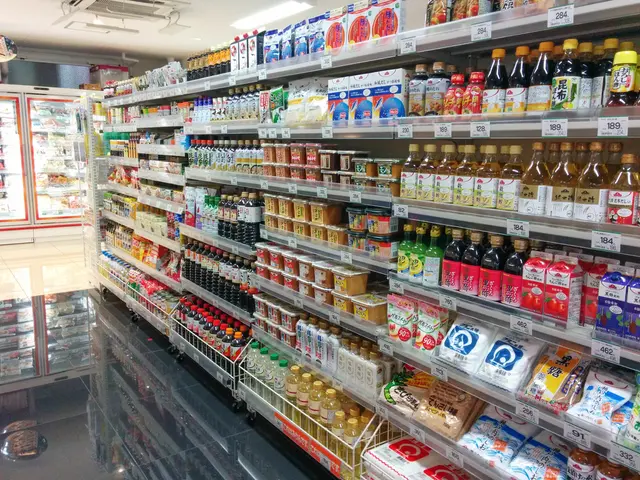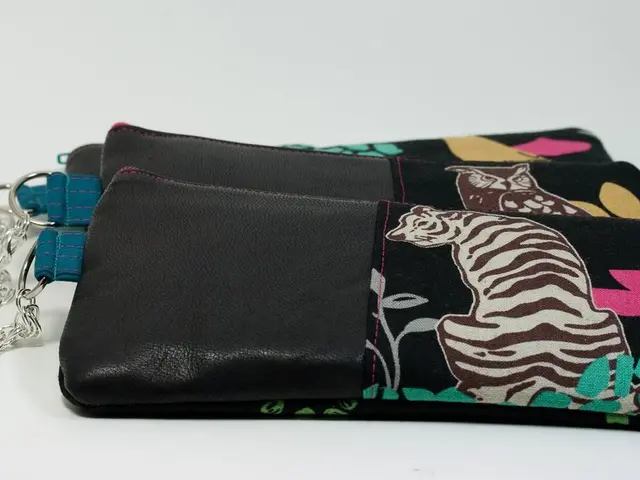Women now dominantly inhabit Bergisch Gladbach
In the historic town of Bergisch Gladbach, three remarkable women have been recognised for their extraordinary impact on the paper manufacturer Zanders and the cultural and social life of the region. Julie Zanders, Maria Zanders, and Olga Zanders, direct descendants of the Zanders family, have been honoured with a memorial plaque by FrauenRat NRW e.V. as part of the 'FrauenOrte NRW' project management.
This project, initiated by the Women's Council NRW e.V., aims to correct the skewed perception that women have not made significant contributions to history. By the end of 2025, 57 women personalities from over ten centuries and all regions of the federal state will be honoured at 52 locations.
Julie Zanders resumed sole leadership of the company Zanders in 1857 and co-led it with her son Carl Richard until her death. During her tenure, she purchased the Gohrsmühle, which remained the company's main headquarters until its end. Olga Zanders managed the company from 1915 to 1929 and employed around 1500 people. She also established the wedding grant in 1918, providing 200 Marks to daughters and sons of Zanders employees upon their marriage.
Maria Zanders, who led the company alone from 1870, was primarily associated with its expansion through acquisitions and modernization. She initiated the construction of Villa Zanders in 1873-1874 and was a patron of the arts. Her work continues to shape the Kunstmuseum Villa Zanders today, as seen in the collection focus 'Art from Paper' and the mission to make contemporary art visible.
Maria Zanders also founded the Altenberger-Dom-Verein in 1894, whose purpose was the renovation of the Simultankirche in the Bergisches Land. Dr. Ina Dinter, director of the Kunstmuseum Villa Zanders, highlighted the enduring significance of Maria Zanders' work, particularly her creation of a space for art, music, and civic engagement.
The Mayor of Bergisch Gladbach, Frank Stein, praised the life's work of the three women, stating that their actions secured jobs and livelihoods for many years. Judith Klaßen, the equal opportunities officer of the city of Bergisch Gladbach, noted that the Zanders women were pioneers for taking on the leadership of the company Zanders at a time when it was not common.
Jihane Qotit Zerhouni, board member of FrauenRat NRW e.V., expressed that the project aims to bring to light the significant contributions of women like the Zanders women throughout history. The proposal for the honours was made by Dr. Ulrich Soenius, director of the Stiftung Rheinisch-Westfälisches Wirtschaftsarchiv zu Köln.
The project 'FrauenOrte NRW' is funded by the Ministry for Children, Youth, Families, Equality, Refugees and Integration of the state of North Rhine-Westphalia and is under the auspices of the Women's Council NRW project. Bergisch Gladbach now has a 'FrauenOrt', thanks to Dr. Ulrich Soénius, who placed the project under the auspices of the Women's Council NRW project.
The honours for the Zanders women serve as a testament to their unwavering dedication and significant impact on the paper manufacturer Zanders and the region's economic history. Their legacy continues to inspire and shape the cultural landscape of Bergisch Gladbach.
